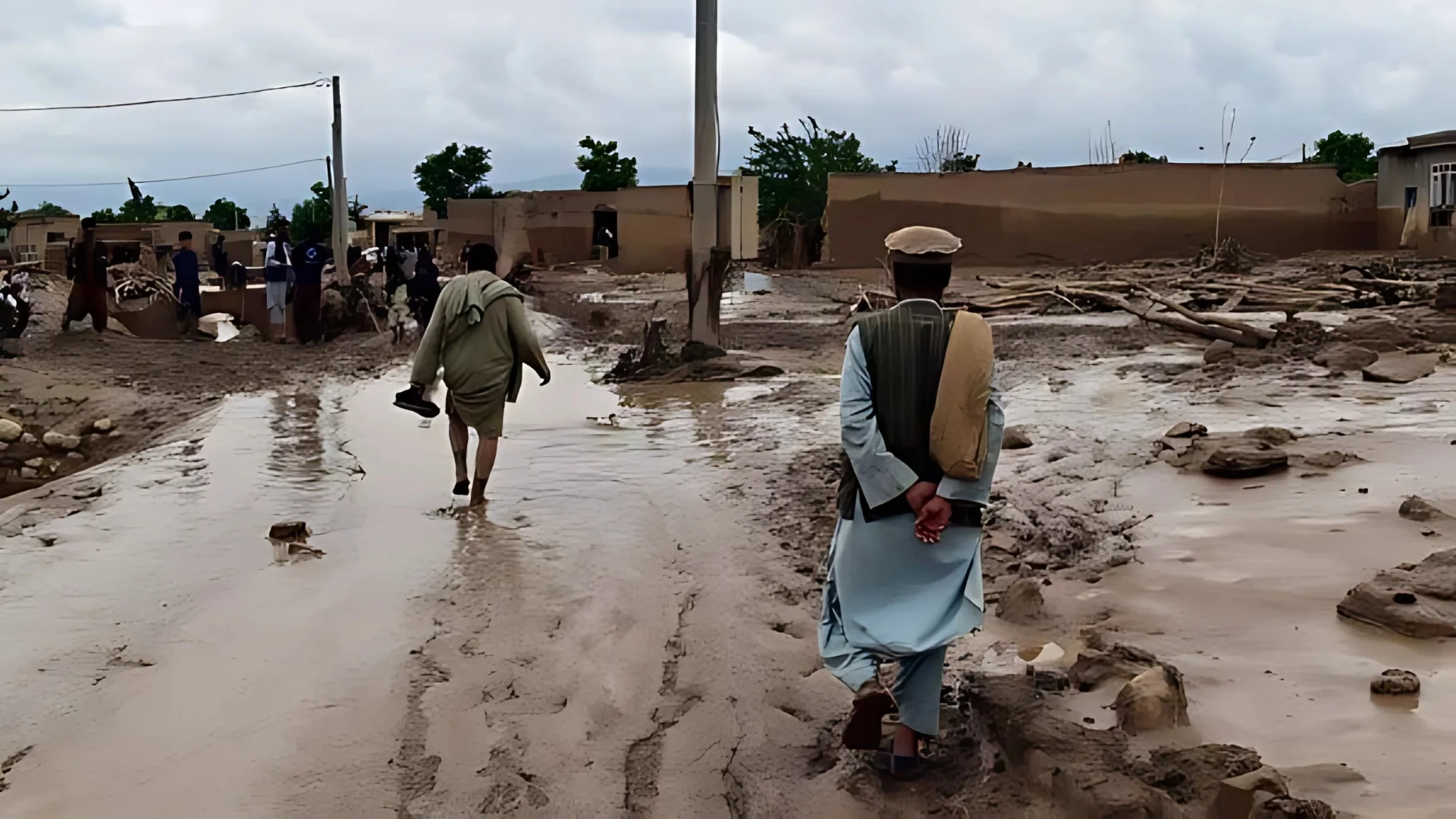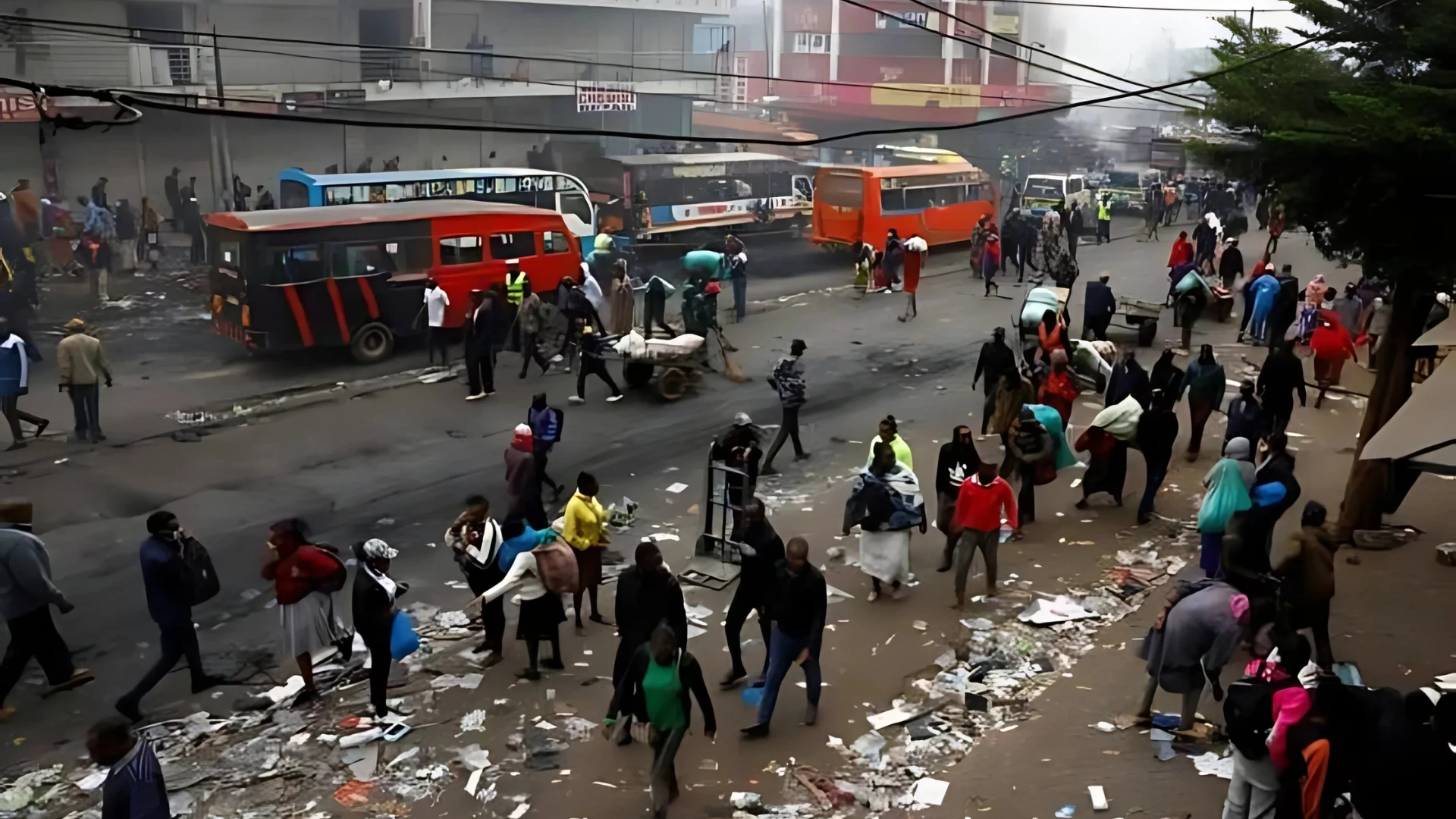Kabul: Flash floods triggered by heavy rainfall have caused widespread destruction across several provinces in Afghanistan, leading to multiple casualties and extensive damage to homes and agricultural lands. The Taliban-led government has dispatched assessment teams to the affected areas, according to official statements.
In Maidan Wardak province, local officials report that flash floods have destroyed dozens of acres of farmland and orchards in the districts of Nerkh, Chak, Daimirdad, and Jagatu. Maolawi Faizullah Jalali, head of disaster preparedness and response for the Taliban administration in the province, told state-run Bakhtar News Agency that one person was killed and three others injured in Nerkh district.
Logar province has also been hit hard. Social media users have called on government authorities and aid organizations to provide urgent assistance to affected communities. Taliban provincial spokesperson Sediq Ahmad Siddiqi said that torrential rains around 1:00 a.m. last night triggered floods that destroyed thousands of acres of farmland, flattened homes, and left dozens of families homeless.
In the southeastern province of Khost, reports indicate similar destruction. Taliban spokesperson for the provincial government, Mustaghfar Gurbaz, stated that in Musakhel, Nadershah Kot, and Sabari districts, one person was killed and another injured due to flash floods. The injured individual has been transferred to a specialized hospital for treatment. Gurbaz added that hundreds of acres of farmland have been ruined in Sabari and Yaqubi districts.
In the eastern province of Nangarhar, local officials and residents have also reported significant damage. Lal Khatam Qarār, district governor of Lalpur, said that in the areas of Guldak, Gardawi, Shakoti, and Chakanor, floods destroyed approximately 500 acres of farmland, support walls, and secondary roads, inflicting heavy financial losses on local residents.
Last year, similar devastating floods affected various regions of Afghanistan during the summer season. Baghlan province was among the hardest hit in May 2024, where dozens were killed or injured, and entire villages were wiped out in some areas.
Climate change is increasingly cited as a key driver of such extreme weather events. Compounding the crisis is the lack of adequate emergency response infrastructure and limited resources, often leading to severe and widespread destruction.








